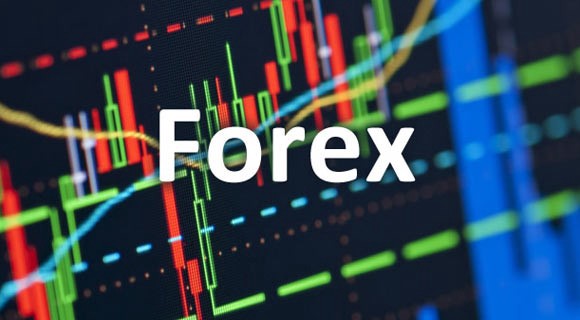The forex markets are the most traded globally, attracting more retail consumers, who hope to benefit from the changes in the value of currency pairs.
Forex traders enter the markets by financial products. The three main products that traders can use to enter the forex market are Spot Forex, Spread Bets and CFDs. For instance, a trader can exchange the EUR/USD market with the use of a CFD product.
These three are the same as they have the same level of margin and can be utilized to access almost all currency pairs. Their few differences will be discussed below.
Spot Forex
In spot forex, the trader will simply buy one currency and sell the other. After 2 days, the currencies will go to their accounts.
The term spot and cash forex can be heard regularly within this product. They are almost the same, but they have a very small difference. Cash forex is the rate at this very moment, while the Spot forex is the delivery rate in 2 days. Forex traders almost always trade with the price of the spot market.
The pros of Spot Forex are that it is allowed in lots of countries rather than spread bets and CFDs. Also, in Spot forex, the traders del in the market of underlying cash so there can’t be slippage risk in between the price of the derivative markets and underlying. Spot forex are very liquid and traded almost 24 hours daily. A wide range of brokers also offer Spot forex. the cons here is that traders can only exchange currency through spot forex; and earnings are probably taxable.
Spread Betting
In extensive terms, a spread bet is a wrapped up CFD as a bet for taxation reasons. With this financial spread betting, any earnings in the UK and Ireland are usually free of tax.
The pros of spread betting are that a wide range of markets are tradeable, low costs of transactions like CFDs, and no stamp duty on shares of the company. There is also no base currency risk and spread betting is so innovative and flexible. On the other hand, losses in spread betting are likely not tax deductible, thus, FSBs are not beneficial when hedging. New traders in spread betting sometimes don’t value the underlying exposure since leverage here is hard-wired. Also, traders don’t acquire the asset, thus, they don’t have direct ownership. Another con of spread betting is that it is limited or banned in other countries because it is a bet.
Contracts for Difference
Contracts for difference or CFD signify a contract between the broker and trader to exchange the difference between the opening and closing value of a specific asset. There are no underlying assets in trading CFDs. It is purely an arrangement to trade the price difference. The real advantage of trading CFD trading is that you are able to trade the values in almost anything with a certifiable amount using just a single trading account.
The pros of trading CFDs is that there is no stamp duty. There is also a wide range of markets that are tradeable using these products. Transaction costs are also low and losses are possible tax- deductible. However, CFDs can expose the traders to currency risks though they are not trading currencies. It is also banned in other countries due to over-leverage concerns.
These are just a few and the basics that you need to know to decide which product you will use to enter the forex market.







